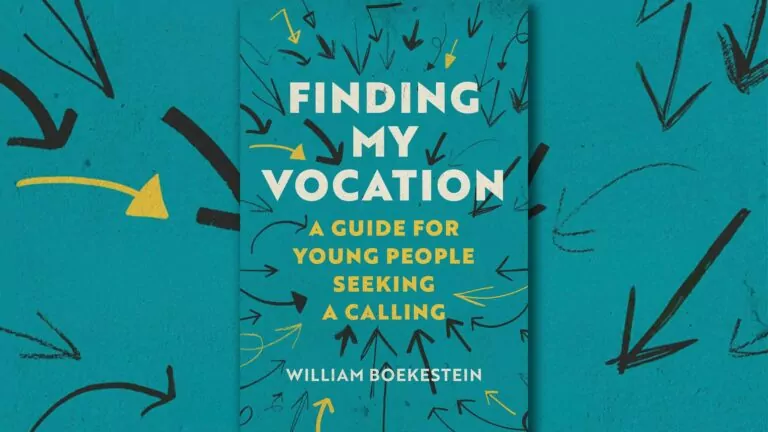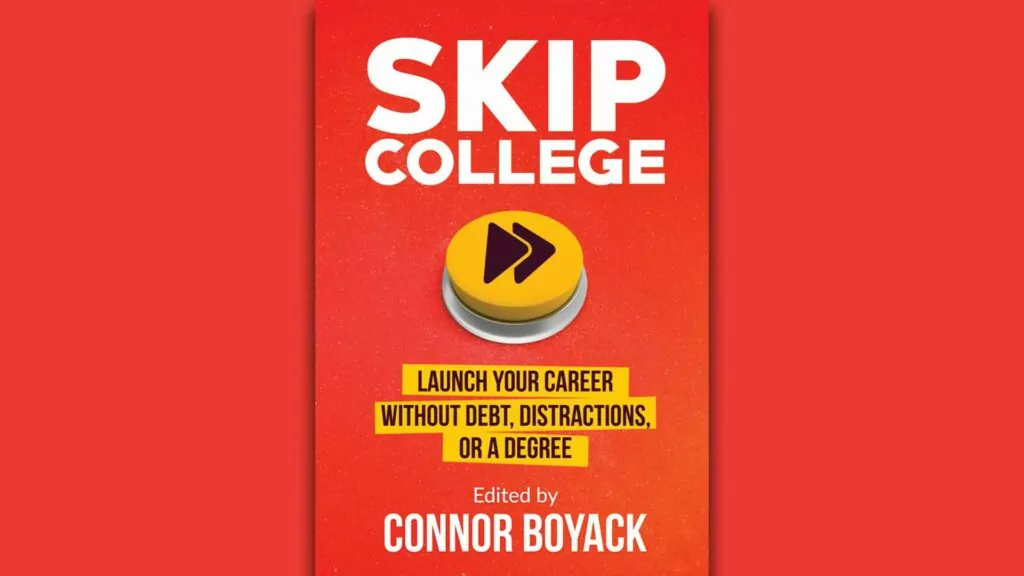by William Boekestein
2024 / 154 pages
Rating: GOOD/Great/Give
William Boekestein wants to help young readers figure out how they can pick the right job, and like the good Reformed pastor that he is, he offers up three points…. or, rather, parts.
In Part 1, “Pondering Vocation,” he covers what work is, and the different reasons that Christians have to want to work, like providing for our family, serving others, and as a means of expressing our gratitude to God.
Part 2 gives us biblically-grounded tips on how we can start “Preparing for Your Vocation.” We need to make ourself valuable to an employer by fostering key character traits – honesty and respect for authority might seem bare minimums, but they can really set a Christian apart – and by developing specific marketable skills, like welding, framing, accounting, etc. The author encourages readers to be ambitious to make the most of the skills God has given you. And he reminds us also of the other vocations God has called us to, like parent, elder, friend, and more.
Then in Part 3, “Practicing Vocation,” we’re challenged to work hard, and reminded that God does give us a weekly Sabbath rest.
This is a solid primer, and could be a great tool for high schoolers, Grade 9 or 10, as they start planning for their post-school years. It’d be best used with a parent or teacher along for the ride.
If I were to pick a nit, it would be with a couple of the appendices – “Is my vocation compromised by sin?” and “Is Military a Good Option for Me?” – that raise important topics, but in what struck me as too cursory a manner. The military question, for example, raised some cautions about women in the armed forces, but didn’t even touch on the issue of women in combat roles. It’s one thing for women to serve in the armed forces when male and female differences are understood and appreciated, and another thing for women to serve in the military when the higher ups have started to pretend that men and women are interchangeable and want to have women leading the charge.
But this critique – not for what Rev. Boekestein said, but for what more I wish he had addressed – is indeed a nitpick, faulting his 154-page book for not being a dictionary-sized tome instead.
And he offers us some of that more I was after in his great conversation with Lucas Holtvlüwer in the Real Talk episode below, so be sure to check it out.












